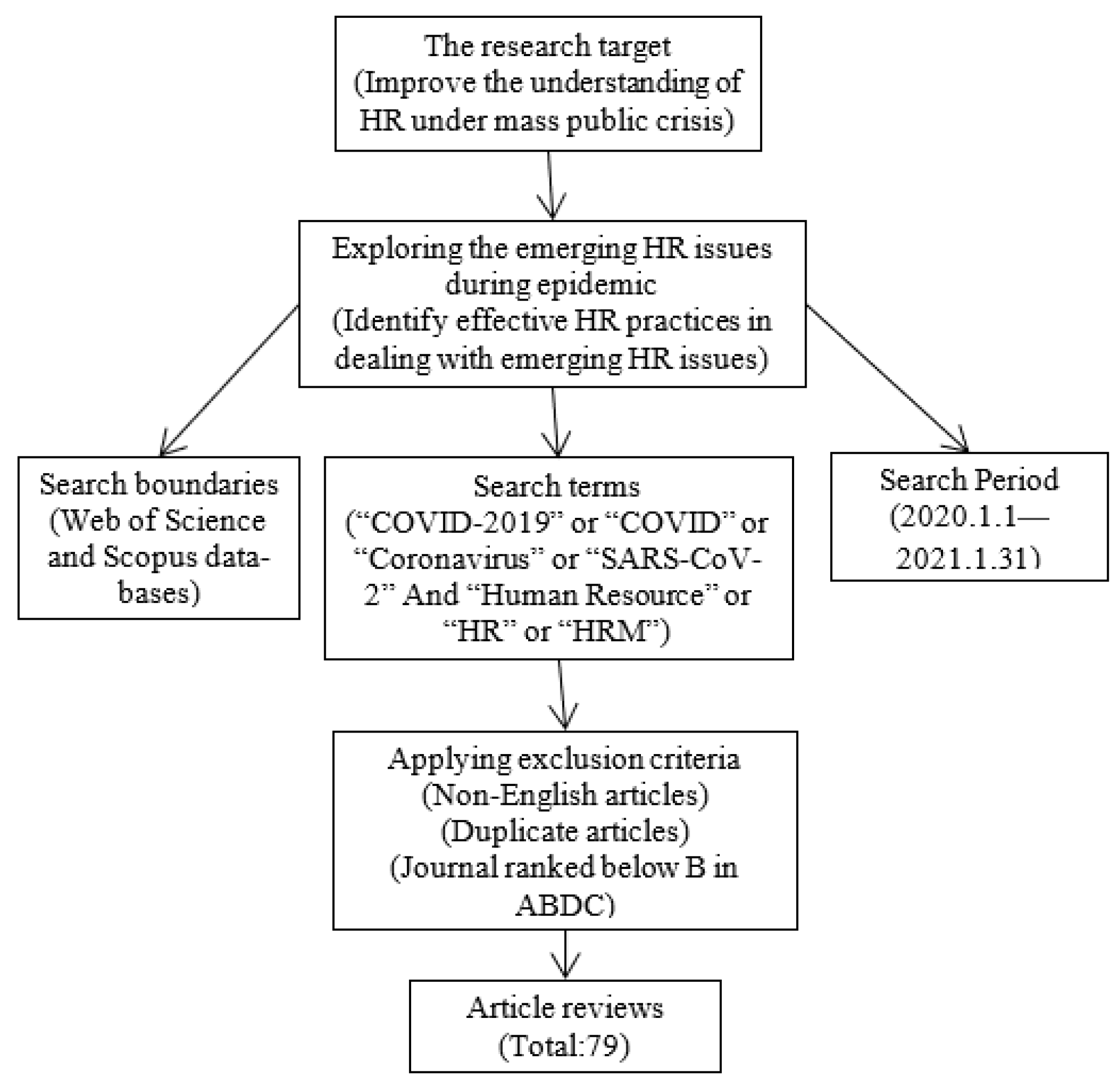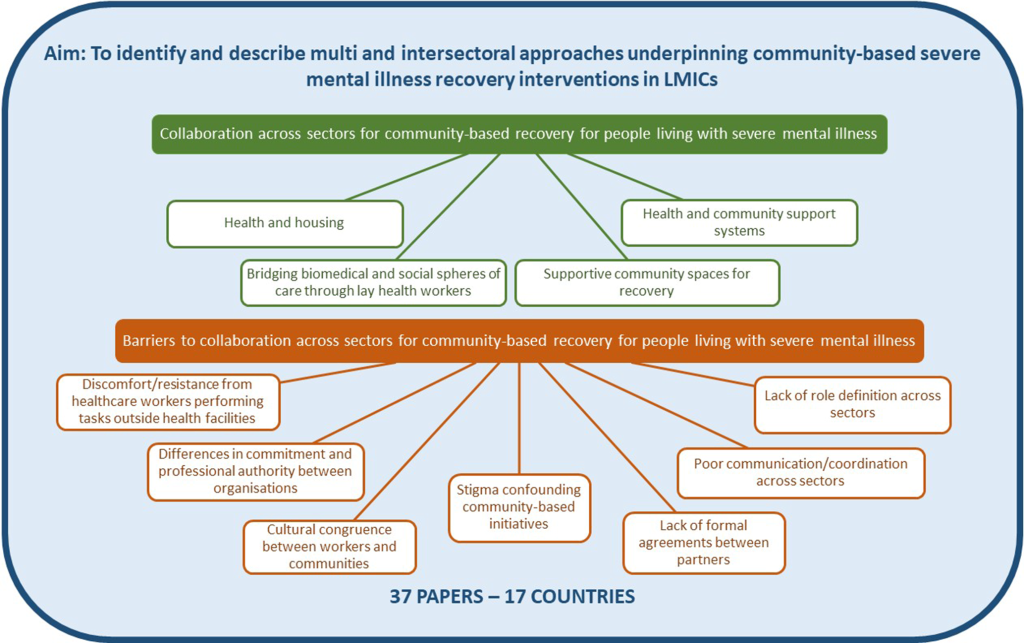Understanding the legal frameworks related to mental health capacity is crucial for ensuring the welfare and rights of individuals. The Mental Health Act and Mental Capacity Act are both important legislations. That pertains to different aspects of an individual’s mental well-being and decision-making capability. The Mental Health Act primarily focuses on the treatment and detention of individuals with mental disorders. Whereas the Mental Capacity Act focuses on decision-making for individuals who cannot make decisions for themselves.
Mental Health Act
The Mental Health Act is designed to provide the necessary legal framework for the compulsory assessment and treatment of individuals with mental disorders. This legislation primarily focuses on the circumstances in which a person with a mental illness can be detained, treated, and protected by the state. It aims to balance the rights of individuals with mental health disorders with the need to ensure their safety and the safety of others.
| Key Aspects of the Mental Health Act |
|---|
| Compulsory Admission and Treatment |
| Appropriate Care and Supervision |
| Protection of Rights and Dignity |
The Mental Health Act empowers healthcare professionals to make decisions in the best interests of the individual when they cannot make decisions for themselves. This act also includes criteria for detaining individuals for assessment and treatment against their will, ensuring that their rights are protected throughout the process.

Credit: www.thelancet.com
Mental Capacity Act
On the other hand, the Mental Capacity Act is specifically aimed at individuals who may lack the capacity to make specific decisions for themselves. It provides a legal framework for making decisions on behalf of individuals. Who are unable to make decisions independently due to a lack of mental capacity. This act applies to a wide range of decisions, such as healthcare, financial matters, and personal welfare.
| Key Aspects of the Mental Capacity Act |
|---|
| Decision-Making Capacity Assessment |
| Best Interest Decisions |
| Support and Protection for Vulnerable Individuals |
The Mental Capacity Act emphasizes the importance of respecting the autonomy and rights of individuals. Who cannot make decisions in their best interests? It provides a legal framework for making decisions and taking actions on behalf of those who cannot do so for themselves.

Credit: www.mdpi.com
Key Differences
Both acts are focused on protecting and supporting individuals with mental health issues. There are key differences between the Mental Health Act and the Mental Capacity Act:
- Focus: The Mental Health Act primarily deals with the compulsory assessment and treatment of individuals with mental disorders. Whereas the Mental Capacity Act is concerned with decision-making on behalf of individuals who cannot make specific decisions.
- Legal Authority: The Mental Health Act empowers healthcare professionals and authorities to detain and treat individuals with mental disorders based on specified criteria. While the Mental Capacity Act provides a legal framework for making decisions on behalf of individuals who lack capacity.
- Scope: The Mental Health Act is more focused on the assessment, treatment, and detention of individuals with mental disorders. Whereas the Mental Capacity Act applies to a broader range of decisions that individuals may lack the capacity to make.
Individuals, healthcare professionals, and caregivers need to have a clear understanding of both acts to ensure that the rights and well-being of those with mental health issues or lack of capacity are upheld.
Conclusions
Both play significant roles in safeguarding the rights and welfare of individuals who may be experiencing mental health issues or cannot make specific decisions. While the Mental Health Act focuses on the compulsory assessment and treatment of individuals with mental disorders. The Mental Capacity Act provides a legal framework for making decisions on behalf of those who cannot make specific decisions due to a lack of capacity.
Understanding the differences between these two acts is crucial for ensuring that individuals are treated with respect and dignity, and receive the appropriate support and protection based on their unique circumstances.






